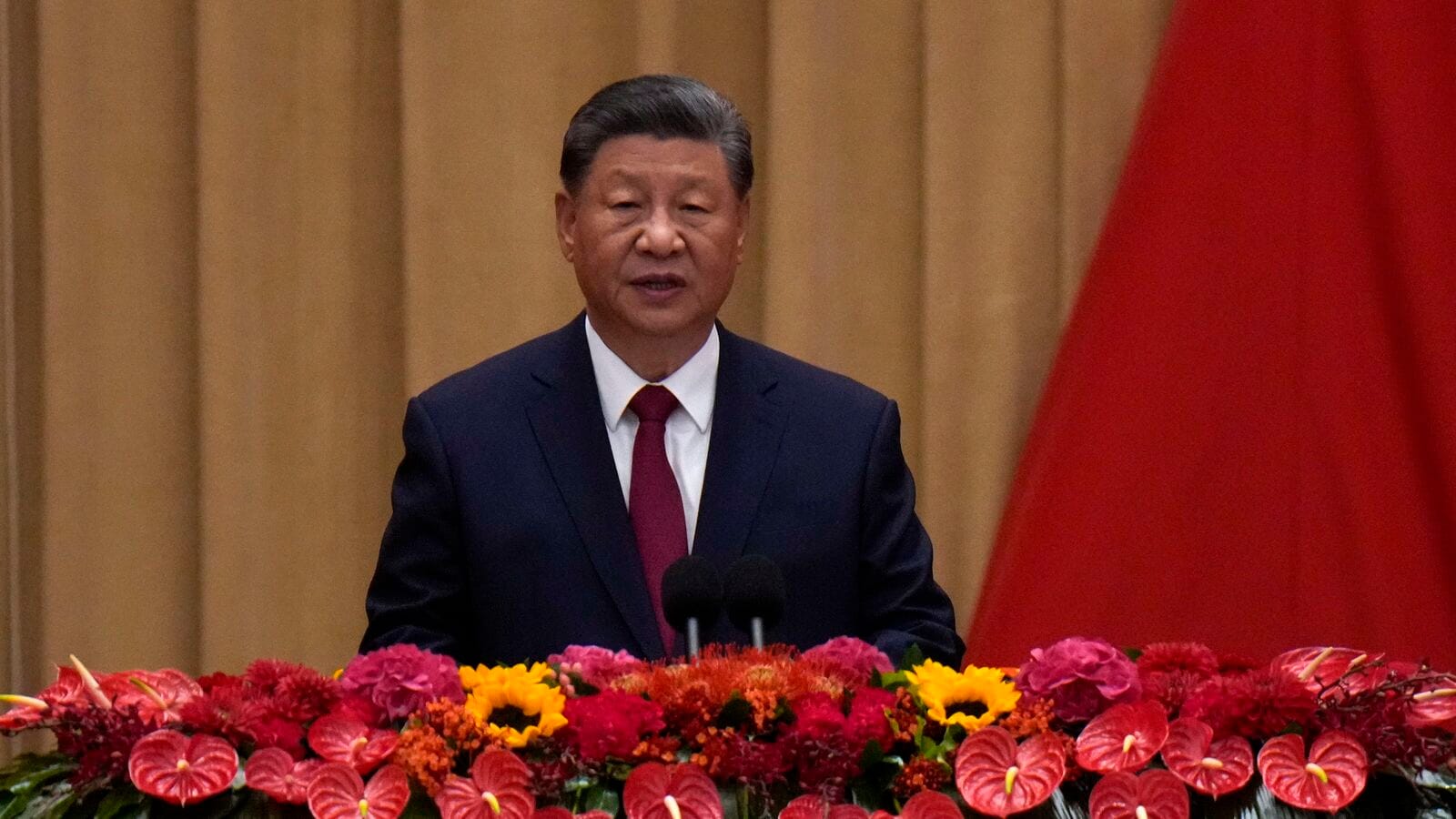The U.S. election and war in the Middle East are dominating the headlines, but don’t sleep on events in the Pacific. China this week practiced a military blockade of Taiwan that is an all too real future possibility.
Beijing isn’t hiding the drill’s purpose. The Ministry of National Defense said the exercise on Monday focused on “sea-air combat-readiness patrol, blockade on key ports and areas, assault on maritime and ground targets, as well as joint seizure of comprehensive superiority.”
Taiwan’s defense ministry tracked some 153 aircraft around the island that China claims as its sovereign territory but is run by a democratic government. Nearly three-fourths of the planes crossed the median line of the Taiwan Strait and entered Taiwan’s airspace. That sets a new record, according to the American Enterprise Institute’s Dan Blumenthal.
The drill included troops from China’s army, navy, rocket force—and for the first time its Coast Guard. A Coast Guard spokesman told state-run media this was “a practical action to lawfully enforce control over Taiwan island in accordance with the one-China principle.” The drill tested a quarantine that would isolate Taiwan and impede the free flow of goods for an economy dependent on trade for export income and energy imports.
Chinese officials described the encirclement drill as a “firm and mighty punishment” after Taiwan’s President Lai Ching-te said it is “absolutely impossible” for China to be the “motherland” of Taiwan, given that the Chinese Communist Party is the younger regime. On Taiwan’s National Day on Oct. 10, Mr. Lai vowed to “resist annexation or encroachment upon our sovereignty.”
Taiwan has to take every military drill seriously, which increases the strain on its aircraft and navy and allows China to test the island’s response and military readiness. Beijing may also be hoping to demoralize Taiwan’s citizens so they will make some accommodation to Beijing’s rule without an invasion or blockade.
Short of Taiwan’s surrender, a blockade may be President Xi Jinping’s preferred option. It would be an act of war against Taiwan but in the first instance without firing a shot. It would force Taiwan and its allies to make some difficult choices. Failure to challenge a blockade would lead to eventual subservience to Beijing. But attempting to run the blockade with food or other supplies would run the risk of a conflict if China’s navy sought to stop and board commercial and U.S. naval vessels.
All of which underscores the urgent need to buttress deterrence against a blockade or invasion. This means more civil defense training and military spending in Taiwan, and faster U.S. weapons delivery. It also means rebuilding U.S. military forces in the Western Pacific, especially long-range missiles. The next U.S. President could easily face a Taiwan crisis.


